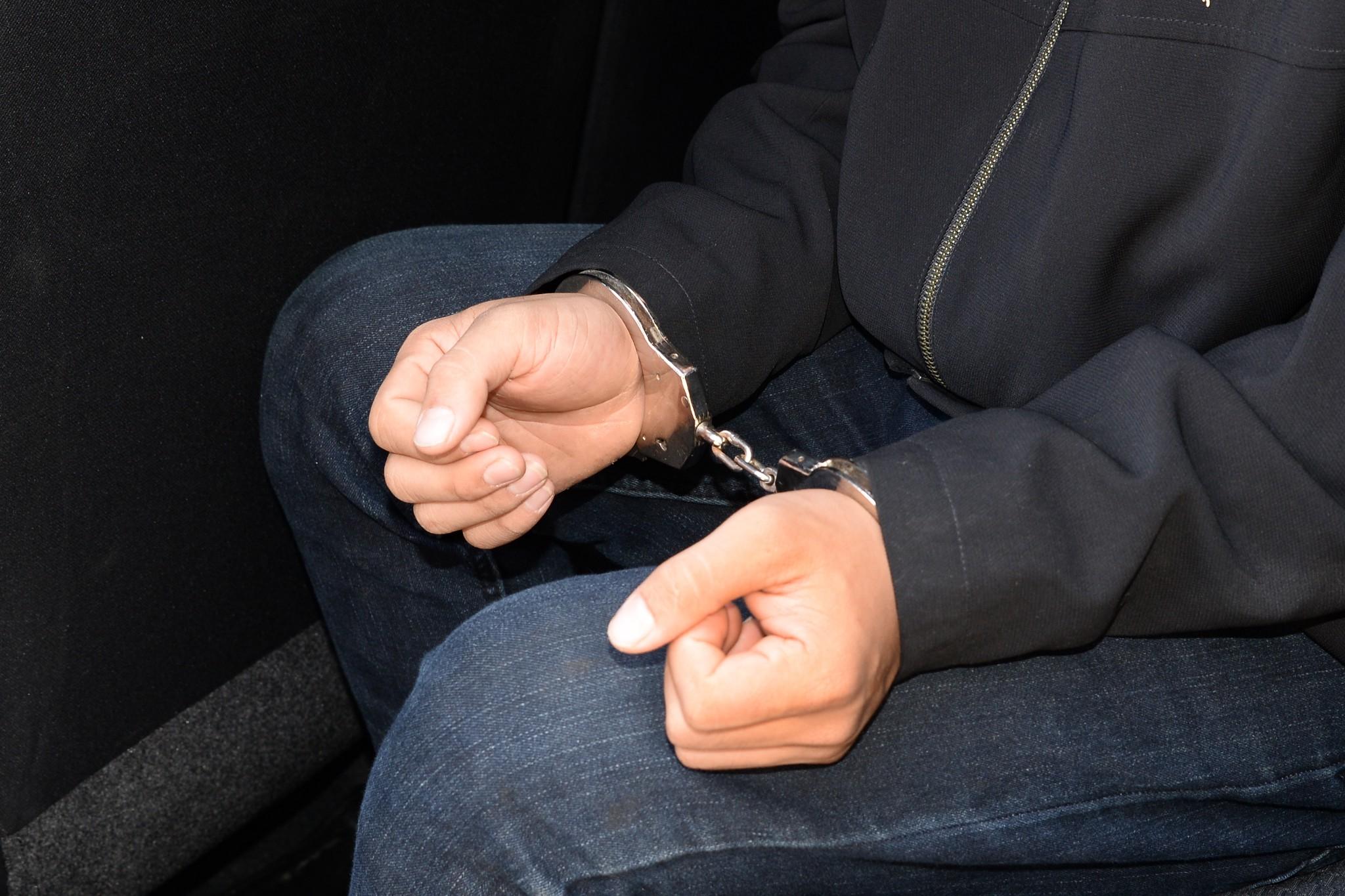Washington’s Largest County Bans Solitary Confinement For Kids in Adult Jails
Last week, councilmembers in Washington State’s largest county unanimously passed a bill that eliminates solitary confinement for youth detained in adult correctional facilities. In doing so, they joined a growing group of lawmakers across the country taking a stance against a practice that has disastrous effects on kids and teenagers tangled up in the criminal justice […]

Last week, councilmembers in Washington State’s largest county unanimously passed a bill that eliminates solitary confinement for youth detained in adult correctional facilities. In doing so, they joined a growing group of lawmakers across the country taking a stance against a practice that has disastrous effects on kids and teenagers tangled up in the criminal justice system.
The bill was introduced in the King County Council in November. It defines solitary confinement as “the placement of an incarcerated person in a locked room or cell alone with minimal or no contact with persons other than guards, correctional facility staff, and attorneys.” With the vote, juveniles in the county’s two adult facilities — located in Seattle and Kent — cannot be segregated unless there’s a safety concern that cannot be solved using a less repressive measure. Solitary can no longer be used as a form of punishment. The legislation’s sponsors cited the American Academy of Child and Adolescent Psychiatry, the Department of Justice, and the United Nations, all of which have reported that isolation impacts brain development and exacerbates mental health disorders. Isolation can lead to depression, anxiety, paranoia, and suicide, the bill states.
The bill also ensures that youth in the adult facilities receive educational programming in accordance with state school standards. Solitary confinement essentially prevents youth from participating in these types of programs.
Solitary confinement was already banned in King County’s juvenile detention center.
Neuroscientists, juvenile justice advocates, and Supreme Court justices agree that young people shouldn’t be treated the same way as adult offenders. But Washington law stipulates that 16 and 17-year-olds must be prosecuted in the adult court system for specific crimes, including burglary, robbery, and murder. Prosecutors also have the power to request that a young person be moved from the juvenile system, which is supposed to be rehabilitative, to the more punitive adult one.
Youth who end up in King County’s adult facilities — 86 percent of whom were black in 2016 — are often thrown in solitary confinement for “protective custody” or disciplinary reasons. Many are detained pretrial, and therefore haven’t been found guilty of a crime. According to a federal class action lawsuit filed in October, some kids held at the King County Jail are housed in small, isolated, window-less cells for weeks or months on end with “no meaningful human interaction, little to no education or programming, no music or television, and very few reading materials.” They only receive “a few minutes of face-to-face instruction,” and their recreation excludes interaction with other people. Solitary confinement has been used to punish them for being too loud, talking back, or wearing the wrong clothes.
“It is my hope that this legislation marks a significant shift in the way we think about and administer justice, especially for minors, at King County,” said bill cosponsor Jeanne Kohl-Welles. “It is our responsibility to make sure all young people in detention have the access and opportunity they need to reach their full potential, such as educational programming required under state law.”
With their unanimous vote, councilmembers in King County joined the national movement to ban all solitary confinement for juveniles, whether they are detained in youth or adult facilities. The issue was thrust into the national spotlight in 2016, when former President Barack Obama banned the practice in federal adult prisons. But most kids are detained in facilities run by individual states, which have their own laws and policies to dictate where youth are detained and how they are treated.
According to Jennifer Lutz, a staff attorney for the Center for Children’s Law and Policy, it is extremely difficult to assess how many kids are in solitary nationwide. Jails, prisons, and youth detention centers use different terms to describe the practice, such as isolation and segregation, which makes it hard to collect and assess the most accurate numbers. What’s clear is that solitary confinement “has long been the default method of security and behavior control” for youth in the adult criminal system, Lutz told In Justice Today. Adult facilities are particularly ill-equipped and poorly trained to deal with young people’s unique behavioral, developmental, and mental health needs. They see solitary confinement as a solution to a perceived problem, Lutz says.
“It’s inhumane,” she added. “Young people need to be engaged.”
But juvenile justice advocates who want to eliminate solitary are notching key victories at the state and local level. This year, Connecticut and Washington, D.C passed legislation to severely limit when isolation can be used. Similar legislation was introduced in Virginia, New Mexico, and Nevada. Local facilities in Wisconsin, Tennessee, Nebraska have also been sued for the practice. In September, the American Correctional Association, which sets national standards and certifies youth and adult facilities, announced possible changes to restrictive housing for youth. Under its proposed policy guidelines, “separation” would no longer be a disciplinary or punitive option.
For now, King County is one of the jurisdictions leading the way.
“There is a growing national consensus that placing juveniles is solitary confinement is both unconstitutional and inhumane,” Vanessa Hernandez, the Youth Policy Director for the ACLU of Washington, said of the recent county vote. “The ordinance sends a strong message that this practice should not occur in King County Detention facilities, and we applaud the council for showing strong leadership to protect children.”
